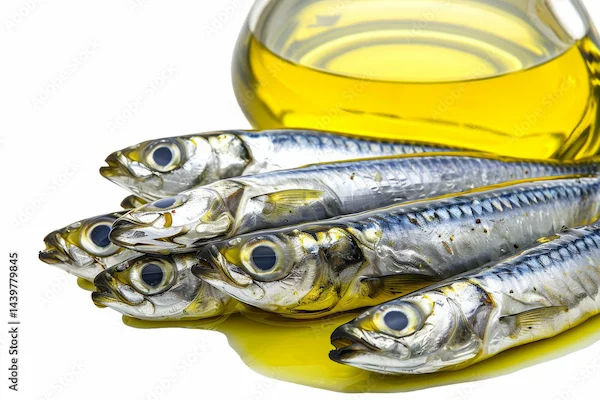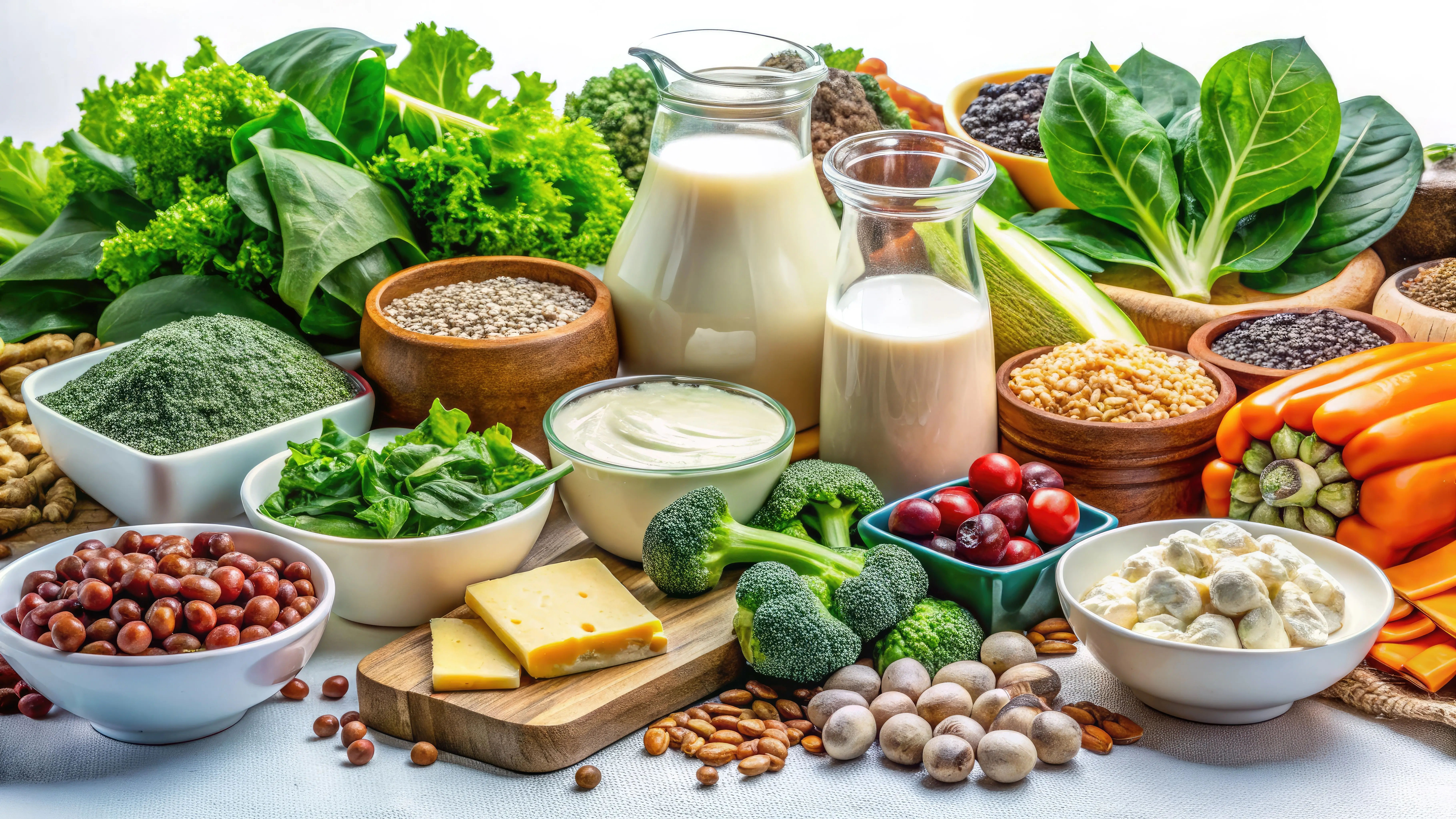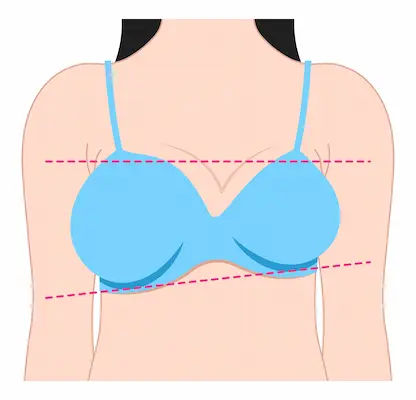Guide to Foods To Eat And Avoid For Urinary Health
Optimize urinary health with our food guide! Learn what to eat and what to avoid to support a healthy bladder and kidneys.

Written by Dr. Mohammed Kamran
Reviewed by Dr. Shaik Abdul Kalam MD (Physician)
Last updated on 13th Jan, 2026

Introduction
Your urinary system is a silent workhorse, efficiently filtering waste and maintaining your body's fluid balance. But when something goes wrong—be it a burning sensation, frequent urges, or persistent discomfort—it can significantly impact your quality of life. While medications play a crucial role, what you eat and drink is a powerful, often overlooked, factor in maintaining optimal urinary health. This comprehensive guide dives deep into the connection between your diet and your bladder, empowering you with knowledge to make informed choices. We'll explore the best foods to incorporate into your meals for a happy, healthy urinary tract and identify the common culprits you might want to avoid. Whether you're looking to prevent occasional issues or manage a chronic condition, understanding these dietary principles is a fundamental step toward lasting health and comfort.
How Diet Directly Impacts Your Urinary System?
The food and beverages you consume are broken down, and their components are eventually filtered by your kidneys into your urine. These components can directly affect the bladder lining, the acidity of your urine, and even your susceptibility to infections.
The Bladder Lining: Your First Line of Defense
Think of your bladder as a sensitive, stretchy balloon. Its inner lining can be irritated by certain substances that pass through it. For some individuals, particularly those with sensitive bladders or conditions like Interstitial Cystitis (IC), compounds in common foods can trigger inflammation, leading to pain, urgency, and frequency. A primary goal of a bladder-healthy diet is to protect this delicate lining from potential irritants.
Acidity vs. Alkalinity: Finding the Right pH Balance
Urine pH is a measure of its acidity or alkalinity. A highly acidic urine environment can act like an irritant on the bladder wall, exacerbating symptoms for many. It can also create a more favorable environment for certain bacteria to thrive. While the body naturally regulates pH, your diet can influence it. Consuming more alkaline-forming foods (like many vegetables and fruits) can help neutralize excessive acidity, creating a calmer environment for your urinary tract. This is a key principle behind an alkaline diet for UTI and overall bladder comfort.
Consult Top Specialists
The Best Foods to Eat for a Healthy Bladder
Fueling your body with the right nutrients is the cornerstone of prevention. Here are the top categories of bladder friendly foods to prioritize.
Hydration Heroes: Water is Your Best Friend
This cannot be overstated. Water is the single most important element for urinary health. It dilutes urine, ensuring that any potential irritants are less concentrated. More importantly, it promotes frequent urination, which helps flush bacteria out of the urinary tract before they can cause an infection. Aim for clear or pale yellow urine as a sign of good hydration.
Fruits and Vegetables that Soothe
The Power of Cranberries (Beyond the Juice)
Cranberries are famous for a reason, but it's not the sugar-laden juice cocktail. Cranberries contain compounds called proanthocyanidins (PACs) that may prevent bacteria like E. coli from adhering to the walls of the urinary tract. For UTI prevention, consider low-sugar cranberry supplements with a standardized PAC content or a small amount of pure, unsweetened cranberry juice diluted with water.
Potassium-Rich Choices: Bananas and Avocados
These fruits are excellent bladder friendly foods because they are non-acidic and rich in potassium. Potassium can help counterbalance the effects of sodium and may support overall fluid balance, reducing bladder irritation.
Other great choices include pears, blueberries, cucumbers, and leafy greens like spinach and kale, which are generally gentle on the bladder.
Lean Proteins and Whole Grains for Stability
Opt for lean proteins like chicken, fish, and tofu. Processed meats can be high in preservatives and salts that are potential irritants. Whole grains like oats and quinoa provide stable energy and fiber, which supports a healthy digestive system. Constipation can put pressure on the bladder, so maintaining good gut health is indirectly crucial for urinary health.
The Probiotic Connection: Gut Health Meets Bladder Health
A healthy gut microbiome is your ally. Probiotics, found in yogurt with live cultures, kefir, kimchi, and sauerkraut, help maintain a balance of good bacteria in your body. Since the urethra is close to the rectum, promoting good gut flora can help prevent the overgrowth of harmful bacteria that might travel and cause a UTI. The link between probiotics and urinary tract health is a growing area of positive research.
Foods and Drinks to Limit or Avoid for Urinary Health
Just as some foods heal, others can irritate. Awareness is the first step to managing your symptoms.
Common Bladder Irritants to Watch For
The Caffeine and Alcohol Double Whammy
Both caffeine (in coffee, tea, soda, and chocolate) and alcohol are diuretics, meaning they increase urine production and can lead to bladder irritation and dehydration. They can also directly stimulate the bladder, causing sudden urges and frequency. Reducing intake is one of the most effective steps for improving bladder comfort.
The Hidden Dangers of Artificial Sweeteners
For many people, artificial sweeteners like aspartame, saccharin, and sucralose are significant foods that irritate the bladder. If you're trying to improve your urinary health, it's best to avoid diet sodas and sugar-free products sweetened with these chemicals.
Acidic Foods and Tomato-Based Products
Tomatoes, citrus fruits (oranges, lemons, limes), and their juices are highly acidic. While healthy in a general diet, their acidity can be problematic for those with a sensitive bladder, mimicking the burning sensation of an infection. Be mindful of sauces, ketchup, and salsa.
Spicy Foods and Their Inflammatory Effects
Spicy foods containing capsaicin (found in chilies and hot peppers) are well-known bladder irritants. They can be excreted in urine and cause a burning sensation for some individuals. If you notice symptoms after eating spicy food, it's best to avoid it.
Tailoring Your Diet for Specific Urinary Conditions
Dietary Strategies for Preventing UTIs
For recurrent UTIs, the general guidelines above are essential. Focus heavily on hydration, incorporate PAC-containing cranberry supplements, and prioritize probiotics. The goal is to create an environment that is hostile to bacterial adhesion and growth.
The IC (Interstitial Cystitis) Diet: A Closer Look
The IC diet is much more restrictive and is considered an elimination diet. Individuals start by removing all potential irritants and then slowly reintroduce one food at a time to identify personal triggers. Common triggers for IC include all the items listed in the "avoid" section, plus carbonated drinks, soy products, and aged cheeses. If your condition does not improve after trying these methods, consult a doctor online with Apollo 24|7 for a personalized evaluation and management plan, as IC requires professional diagnosis and care.
Putting It All Together: A Sample Bladder-Friendly Day
1. Breakfast: Bowl of oatmeal with sliced bananas and a sprinkle of blueberries. Herbal tea (e.g., peppermint or chamomile).
2. Lunch: Grilled chicken salad with mixed greens, cucumbers, pears, and a light olive oil-based vinaigrette.
3. Snack: A pear and a small serving of plain yogurt with live cultures.
4. Dinner: Baked salmon with a side of quinoa and steamed green beans.
5. Beverages: Water, water, and more water!
Consult Top Specialists
Conclusion
Taking control of your diet is one of the most empowering steps you can take for your urinary health. While the list of foods to avoid might seem daunting at first, remember that the goal is not perfection but awareness. Start by making small, sustainable changes, like swapping one daily coffee for herbal tea or increasing your water intake. Pay close attention to how your body responds; a food diary can be an invaluable tool for identifying your unique triggers. The connection between what you eat and how you feel is profound, and by choosing bladder friendly foods, you are actively investing in your long-term comfort and well-being. Remember, this guide is a starting point. For persistent or severe symptoms, always seek the guidance of a healthcare professional to rule out underlying conditions and receive tailored treatment.
Consult Top Specialists

Dr Syed Mateen Pasha
General Physician
2 Years • MBBS
Bengaluru
PRESTIGE SHANTHINIKETAN - SOCIETY CLINIC, Bengaluru

Dr. Vivek D
General Physician
4 Years • MBBS
Bengaluru
PRESTIGE SHANTHINIKETAN - SOCIETY CLINIC, Bengaluru

Dr. Syed Ismail Ali
General Practitioner
7 Years • MBBS
Hyderabad
Apollo 24|7 Clinic, Hyderabad

Dr. Harshendra Jaiswal
General Physician/ Internal Medicine Specialist
12 Years • MBBS , MD (General medicine)
Kolkata
108 DHANA DHANVANTARI Clinic, Kolkata
(25+ Patients)

Dr. Srujana Mulakalapalli
General Physician/ Internal Medicine Specialist
5 Years • MBBS, MD (GENERAL MEDICINE)
Bengaluru
Apollo Medical Center, Marathahalli, Bengaluru
(25+ Patients)
Consult Top Specialists

Dr Syed Mateen Pasha
General Physician
2 Years • MBBS
Bengaluru
PRESTIGE SHANTHINIKETAN - SOCIETY CLINIC, Bengaluru

Dr. Vivek D
General Physician
4 Years • MBBS
Bengaluru
PRESTIGE SHANTHINIKETAN - SOCIETY CLINIC, Bengaluru

Dr. Syed Ismail Ali
General Practitioner
7 Years • MBBS
Hyderabad
Apollo 24|7 Clinic, Hyderabad

Dr. Harshendra Jaiswal
General Physician/ Internal Medicine Specialist
12 Years • MBBS , MD (General medicine)
Kolkata
108 DHANA DHANVANTARI Clinic, Kolkata
(25+ Patients)

Dr. Srujana Mulakalapalli
General Physician/ Internal Medicine Specialist
5 Years • MBBS, MD (GENERAL MEDICINE)
Bengaluru
Apollo Medical Center, Marathahalli, Bengaluru
(25+ Patients)
More articles from General Medical Consultation
Frequently Asked Questions
1. Is coffee bad for everyone's urinary health?
Not necessarily. While caffeine is a common irritant, many people can tolerate it without issue. However, if you experience bladder urgency, frequency, or discomfort, cutting back on coffee is one of the first and most effective steps to see if your symptoms improve.
2. What is the best thing to drink for a urinary tract infection?
Water is the best drink. It helps dilute your urine and flush bacteria from your system. Unsweetened cranberry juice (diluted) can be helpful for prevention, but during an active infection, water and medical treatment prescribed by a doctor are essential.
3. Can drinking more water help with overactive bladder (OAB)?
It may seem counterintuitive, but yes. Reducing fluid intake can lead to more concentrated, acidic urine that further irritates the bladder. Staying adequately hydrated with water keeps urine diluted, which can actually reduce irritation and the intensity of OAB urges.
4. Are there any specific foods that can help with bladder inflammation?
Foods with anti-inflammatory properties may help. These include fatty fish (like salmon, rich in omega-3s), leafy greens, blueberries, and olive oil. Staying hydrated with water is also crucial for calming inflammation.
5. How long after changing my diet will I see an improvement in my urinary symptoms?
This varies by individual. Some people notice a difference within a few days, especially after eliminating a major irritant like coffee. For others, it may take 2-3 weeks of consistent dietary changes to see significant improvement. Patience and consistency are key.




